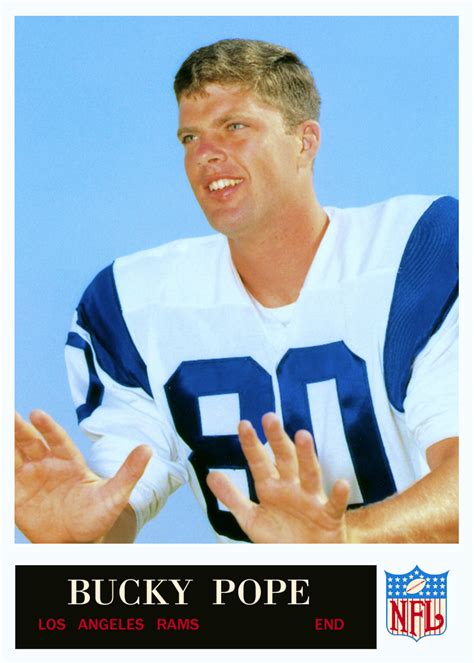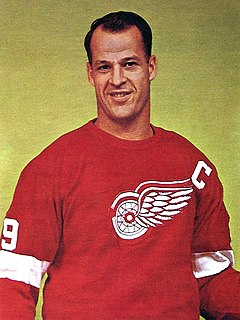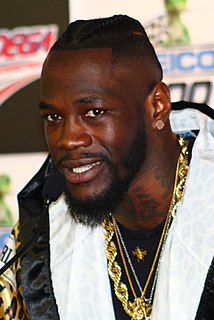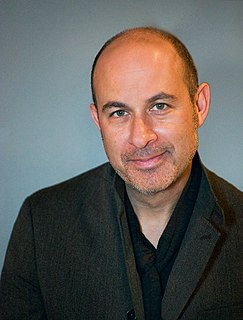A Quote by Ashton Kutcher
When I was on the '70s Show,' I had that and I had 'Punk'd' and I had my own production company. That pretty much sealed up all my time.
Related Quotes
Wallace Stevens had more time to write as an insurance agent. He was a bond lawyer and I know that insurance company lawyers don't have to do nearly as much as we had to do. We were out more in the production area. I'm not condemning Stevens for having had a better job than I did, but that's one of the many places where I differ from him.
To be honest, I've always had far too much freedom. I had a job when I was 10. I started living on my own when I was 17 or 18. I've earned my own money; I've traveled the world. What would I rebel against? I've had so much freedom, sometimes it was hard. My parents wanted to protect me, but they had no idea how to. I had to learn as I went and make my own mistakes. I went from being totally unknown and never acting professionally to being in a major movie and being very famous. It all happened so quickly, I didn't have any time to work things out. It's been pretty scary at times.
The 1970s was probably the most exciting decade to be a teenager, from discovering Little Richard at the end of the 1960s to glam rock to punk rock to electro music. So much happened in that 10-year span. There were so many musical revolutions. Some were happening at the same time. You had disco going on behind punk. You had Michael Jackson. You had the Sex Pistols.
You can hear a real shift. You listen to the late 80s recordings, you'll hear us engaging with the audience, dealing with the issues surrounding punk shows at the time. Back then, people thought you had to be a skinhead and beat the crap out of everybody when you went to a punk show. Come the early 90s, when you had this so-called grunge stuff and when videos became so dominant, you had this totally huge shift in the culture of shows.
It's funny how film is the slowest art form to adapt to freedom. It's had freedom all along. It could've done whatever it wanted to. You know the same freedom that do-it-yourself punk and post-punk musicians had in the late 70s and ever since. That's about the time I started getting interested in film, and I assumed that film would be moving along with the other pop culture forms. Its finally done it but it's taken decades for it to catch up just to basement band level.
I saw a delicate flower had grown up two feet high
between the horses' feet and the wheel-track.
Which Dakin's and Maynard's wagons had
Passed over many a time.
An inch more to the right or left had sealed its fate,
Or an inch higher. Yet it lived and flourished,
As much as if it had a thousand acres
Of untrodden space around it, and never
Knew the danger it incurred.
It did not borrow trouble, nor invite an
Evil fate by apprehending it.
Martin Scorsese was one of the few who had not been an assistant. Most of the guys had been an assistant and worked their way up. But I had seen an underground picture he had made in New York, a black-and-white film. I had done a picture for American International, about a Southern woman bandit, the Ma Barker story, and it was very successful, and I had left to start my own company, and they wanted me to make another one.




































